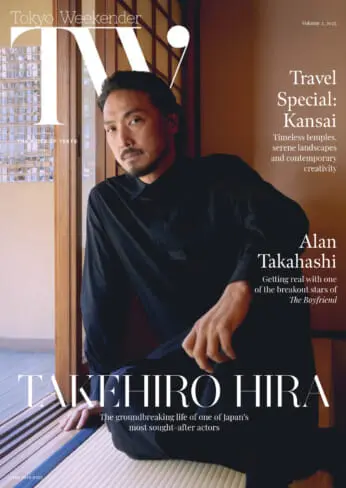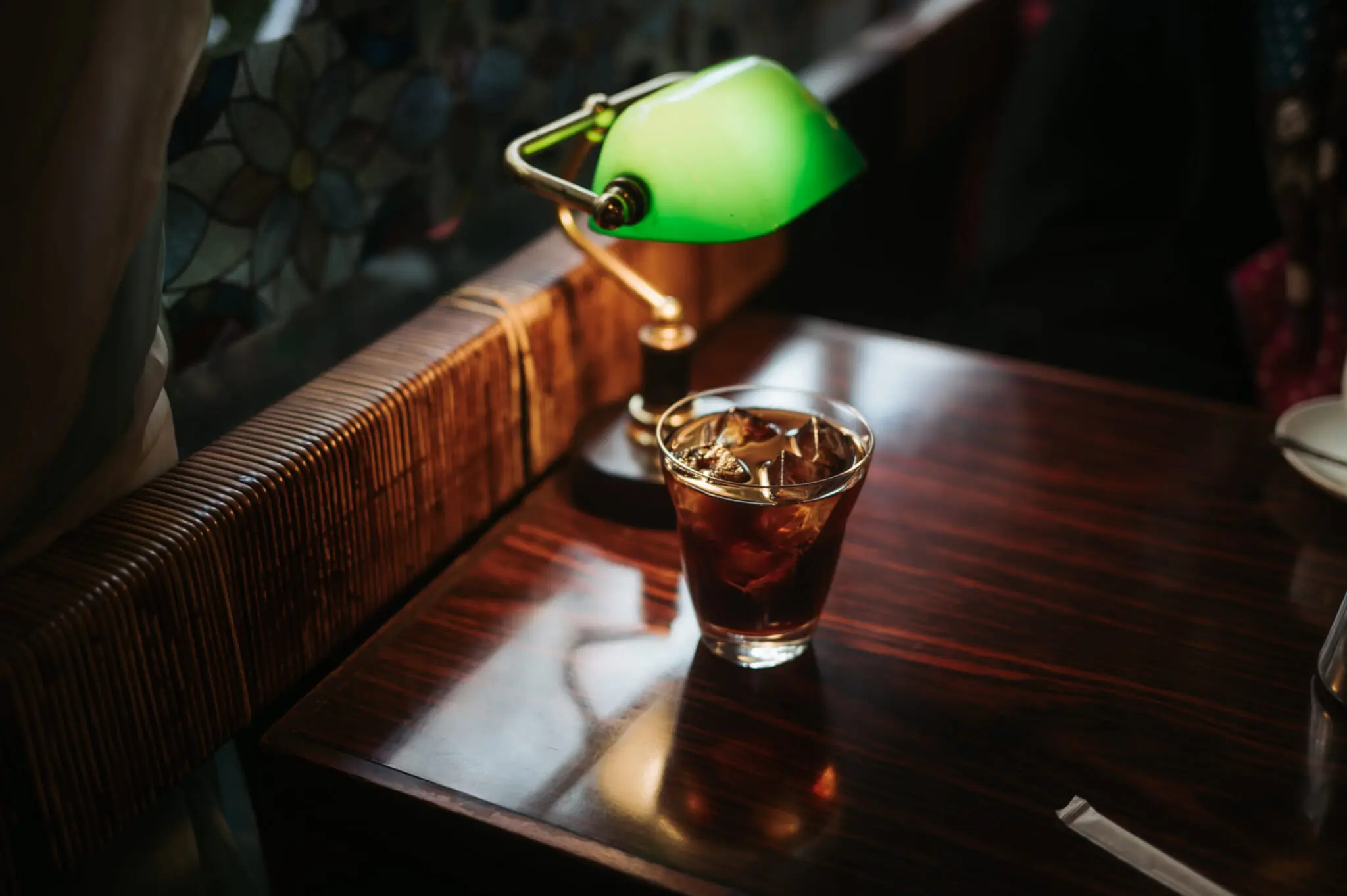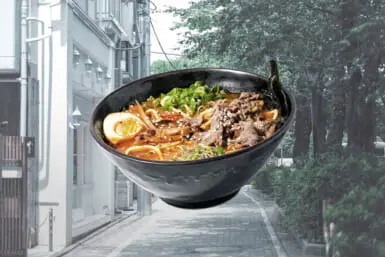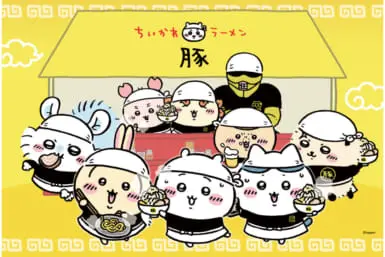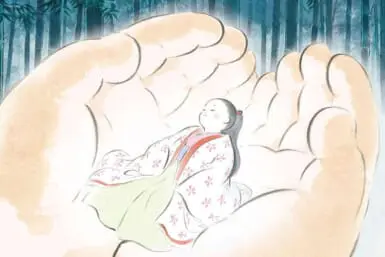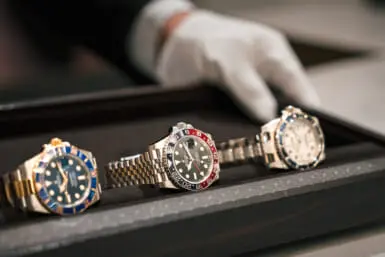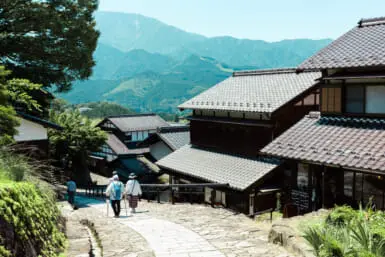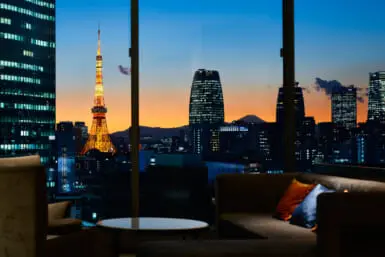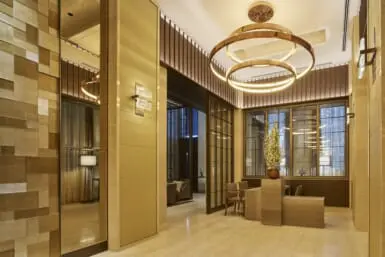There’s a nostalgia boom happening in Japan right now, one in which I am an active participant. I purposely seek out retro-feeling experiences that zip me away from modern life, like staying in hotels that haven’t seen an update since the 80s, feeding coins into old machines at gaming parlors, shooting on a dusty film camera even though I have a very capable digital camera and — my absolute most favorite thing to do — enjoying a quiet cup of coffee inside a kissaten.
Kissaten aren’t like regular cafés, which tend to have more of a social, chatty atmosphere. Initially surging in popularity during Japan’s post-war era, kissaten were meant to cater to people like writers and businessmen who needed a quiet space to read, think and converse in low tones over a coffee and a light meal. Think of them as a type of cozy shelter from the incessant goings-on of the city, a place divorced from time.
Kissaten come in many variations. There are some that embody the European-influenced aesthetics of Japan’s Taisho period (1912–26) and some that specialize in jazz (jazz kissa) or classical music (meikyoku kissa). Some have playful 80s retro vibes, while others are simply an eclectic mix of whatever miscellany the owner has accumulated over the years. Each has a charm that cannot be explained and, importantly, cannot be replicated with modern materials.
You’ll find that a kissaten’s menu is usually heavily influenced by the West, or more accurately, an imagined version of the West as filtered through Japanese culture. Don’t be surprised to see the likes of spaghetti Napolitan, caramel custard puddings and elaborate fruit parfaits. My go-to order, simply because it resembles something I would have made if I were alone in the kitchen as a teenager, is the iconic kissaten pizza toast. Imagine a big hunk of thick, soft white bread, lightly toasted around the edges, with tomato sauce, pepperoni, cheese and bell peppers on top. It has no reason to pair beautifully with black coffee, but somehow it does.
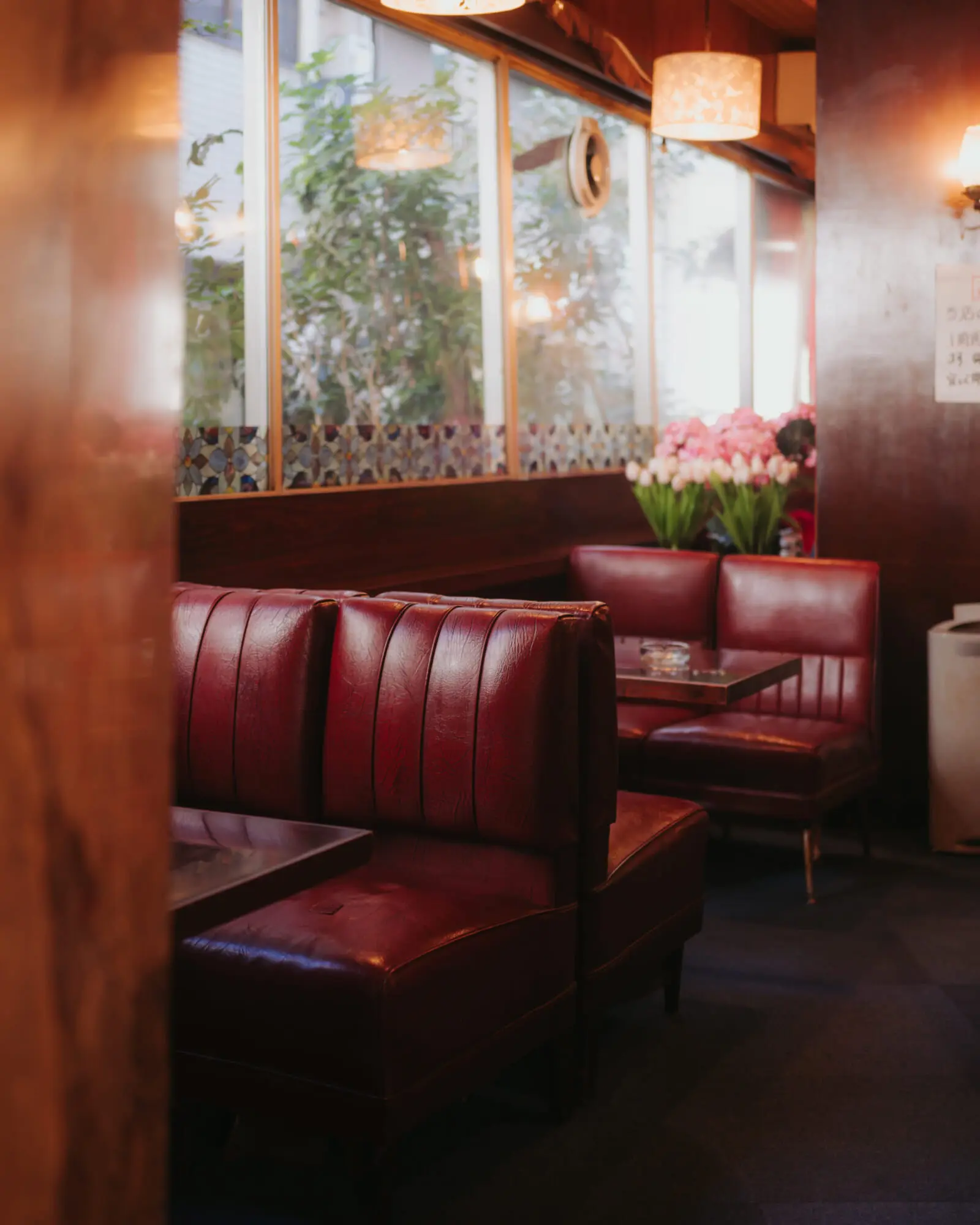
Tea Room Ginza Ebisu
Yearning For the Past
The younger generations have recently spearheaded the reinvigoration of kissaten; Gen Z and millennial kissaten enthusiasts shirk bright and modern Instagram-friendly cafés for these unique spaces. I recently visited Galant in Ueno, a kissaten built in 1977 that has clearly decided to root firmly in that decade. I was surprised to find that, despite the fact that I was visiting on a weekday, the place was completely filled with younger people, seemingly in their 20s and 30s.
I wondered, then, why people are drawn to places that appear to be from another era. Is it purely for the vibes? Or is it because it evokes some time and place that remains beyond our grasp? I’ve heard people describe kissaten as “as close to time travel as you can get,” and I agree with the sentiment. When you’re inside a good kissaten — and I mean one that’s clearly been run by the same people for the last 30 years (often with a functioning fax machine in the corner) — it is absolutely possible to imagine yourself within an era you’ve never experienced. As time moved forward, cities swelling and evolving, kissaten seemed to have just sat there, motionless.
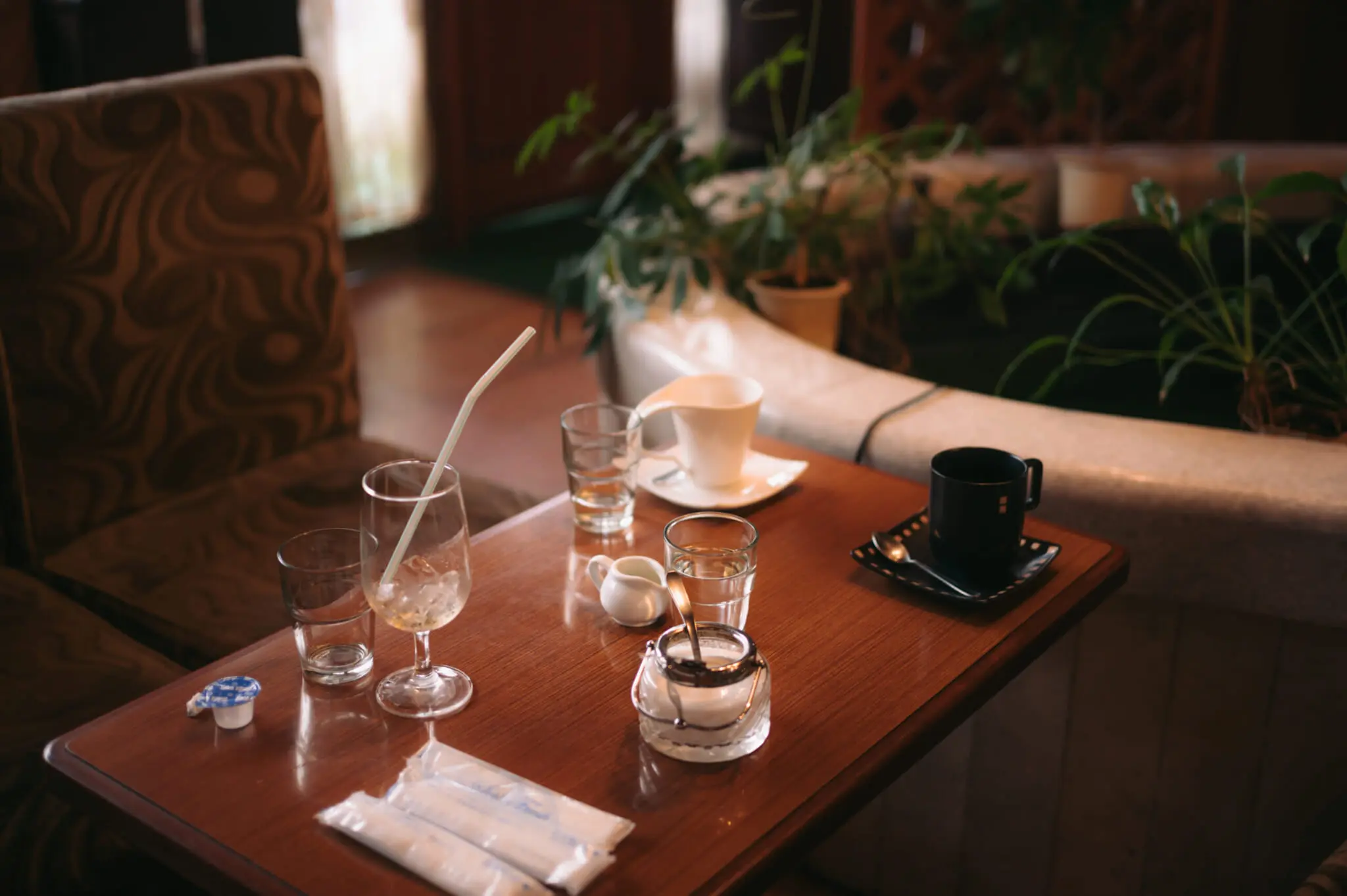
Denen Atami
Of course, I love the aesthetics of kissaten — they’re a photographer’s dream. Moody, textured, glowing with gorgeous ambient light made dramatic with the haze of cigarette smoke. But that alone doesn’t seem to explain the depth of their appeal to me.
Recently, I had a realization. I grew up in an Italian household with a nonna and a nonno, and their home was an eclectic mix of retro European styles: the gorgeous green velour sofa set atop plush patterned carpet, crystalware inside dark wood cabinets, an assortment of European art (a painting of Warsaw on a miserable winter day being a personal favorite) and delicate lace curtains that seemed to glow in the afternoon light. Espresso boiled on the stovetop, and there was always the faint smell of dust and cigarettes. It was quiet, and it was peaceful. It was, essentially, a kissaten.
While people may have their individual reasons for enjoying Japan’s iconic coffeehouses, for me, they’ve become a place where I can feel closer to people and places that have since become memories. Maybe this is the heart of their curious appeal: They stand as monuments to bygone times, paradoxically still buzzing with activity — giving us hope for a future that doesn’t lay waste to the past but rather embraces and nurtures it.
Sit down, order a drink and take a deep breath. You might find that it sparks a memory in you, too.
Kissaten Recommendations: Where to Go in Tokyo and Beyond
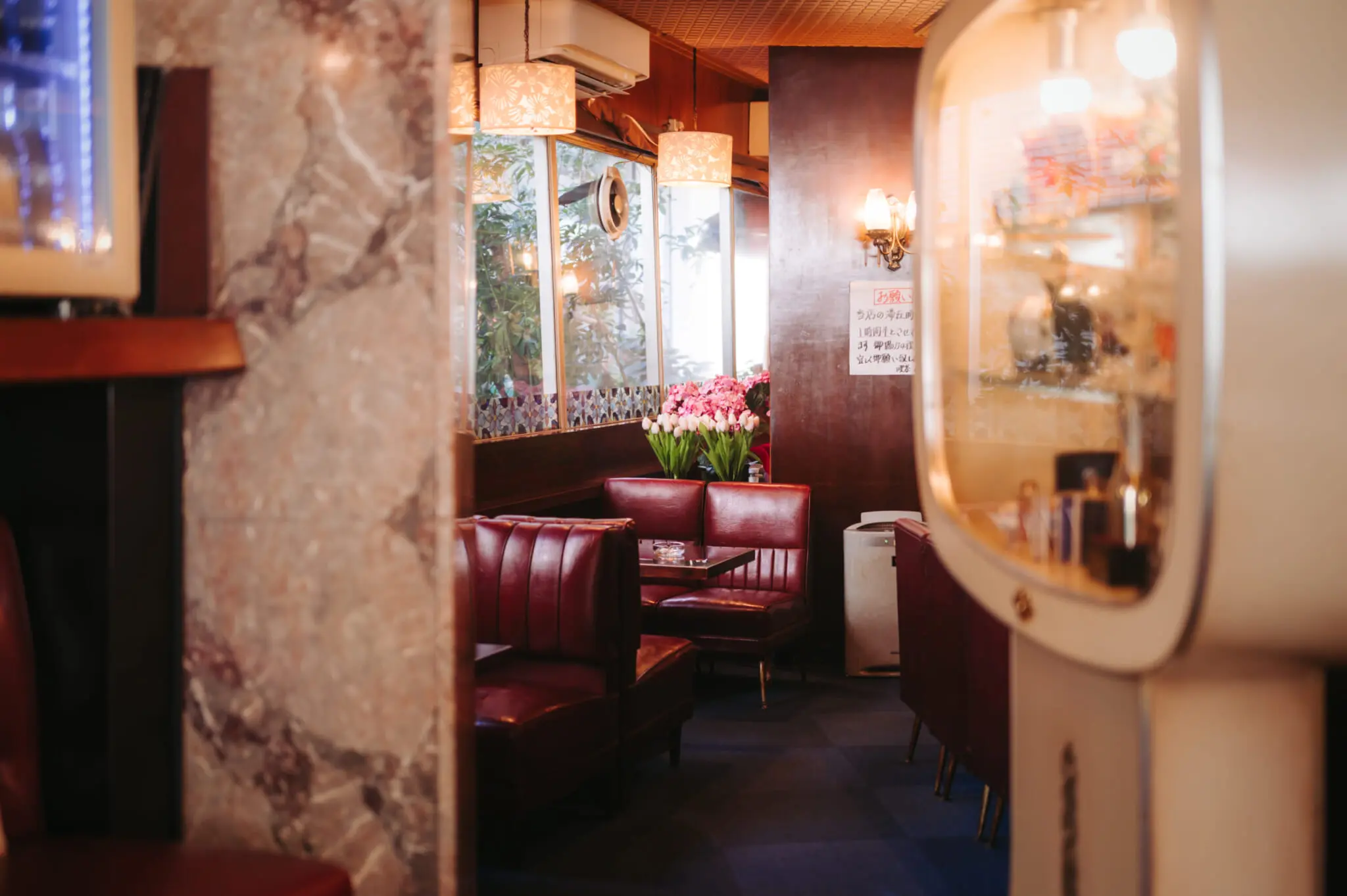
Tea Room Ginza Ebisu
Team Room Ginza in Ebisu is, in my opinion, one of the most perfect representations of a kissaten that can be found in Tokyo. Subdued lighting, gorgeous mahogany-colored leather seats, red peace lilies and a disco ball right in the middle. Just keep in mind that this spot is smoker-friendly.
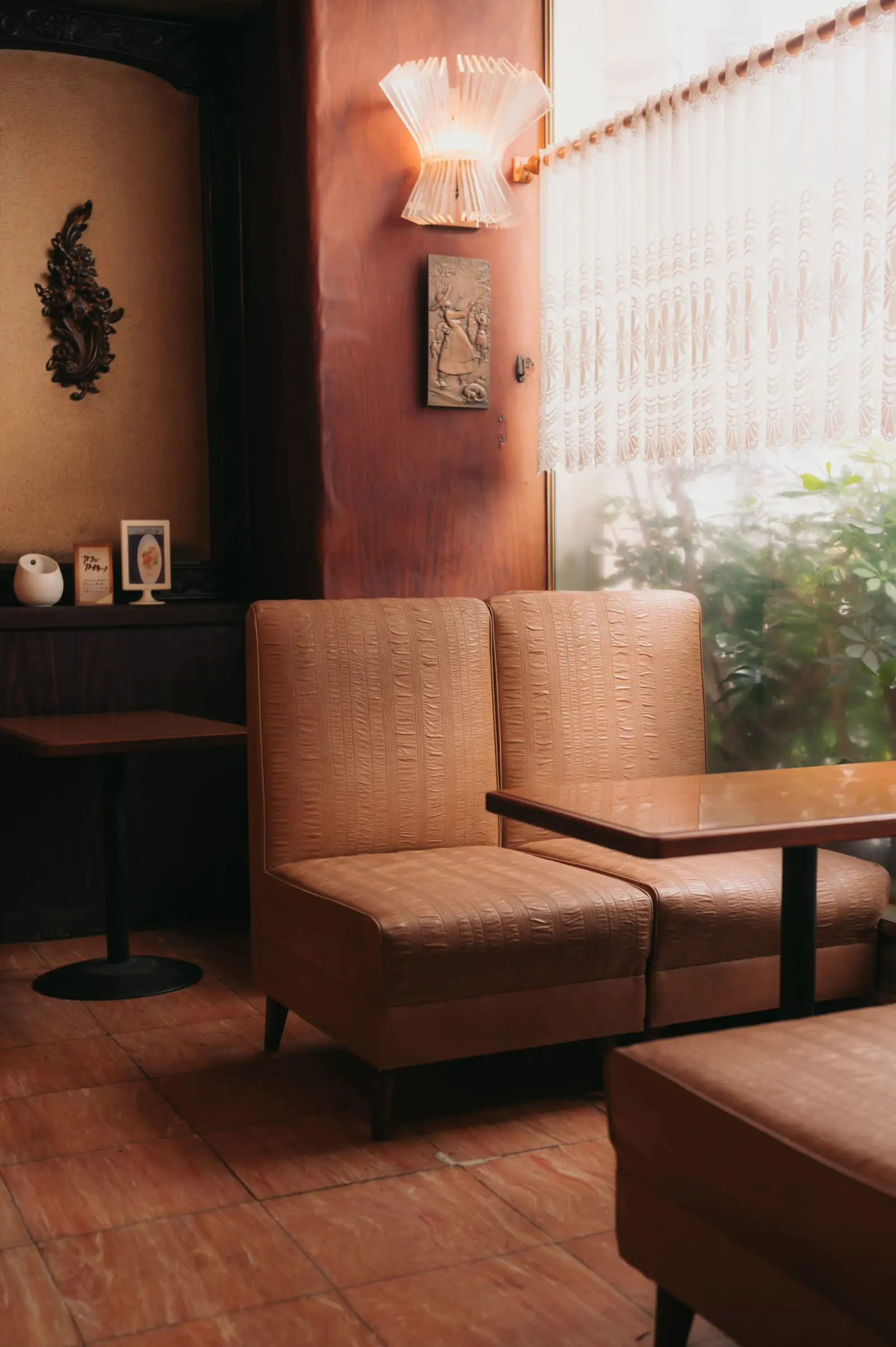
Denen Atami
Denen is a charming coffeehouse right near the beach in Atami that exudes a truly authentic Showa-era ambience. The cozy seating and indoor koi pond are clear highlights, but the best part about this spot is how kind and friendly the owners are.

Gion Ishi Kissaten Kyoto
To get to Gion Ishi, you’ll need to walk through a mineral and fossil store to the elevator at the back of the building. Select the second floor, and as soon as the door opens, you’ll step into a world far removed from where you just came. I recommend the blend coffee and anmitsu after a long day of exploring Kyoto.
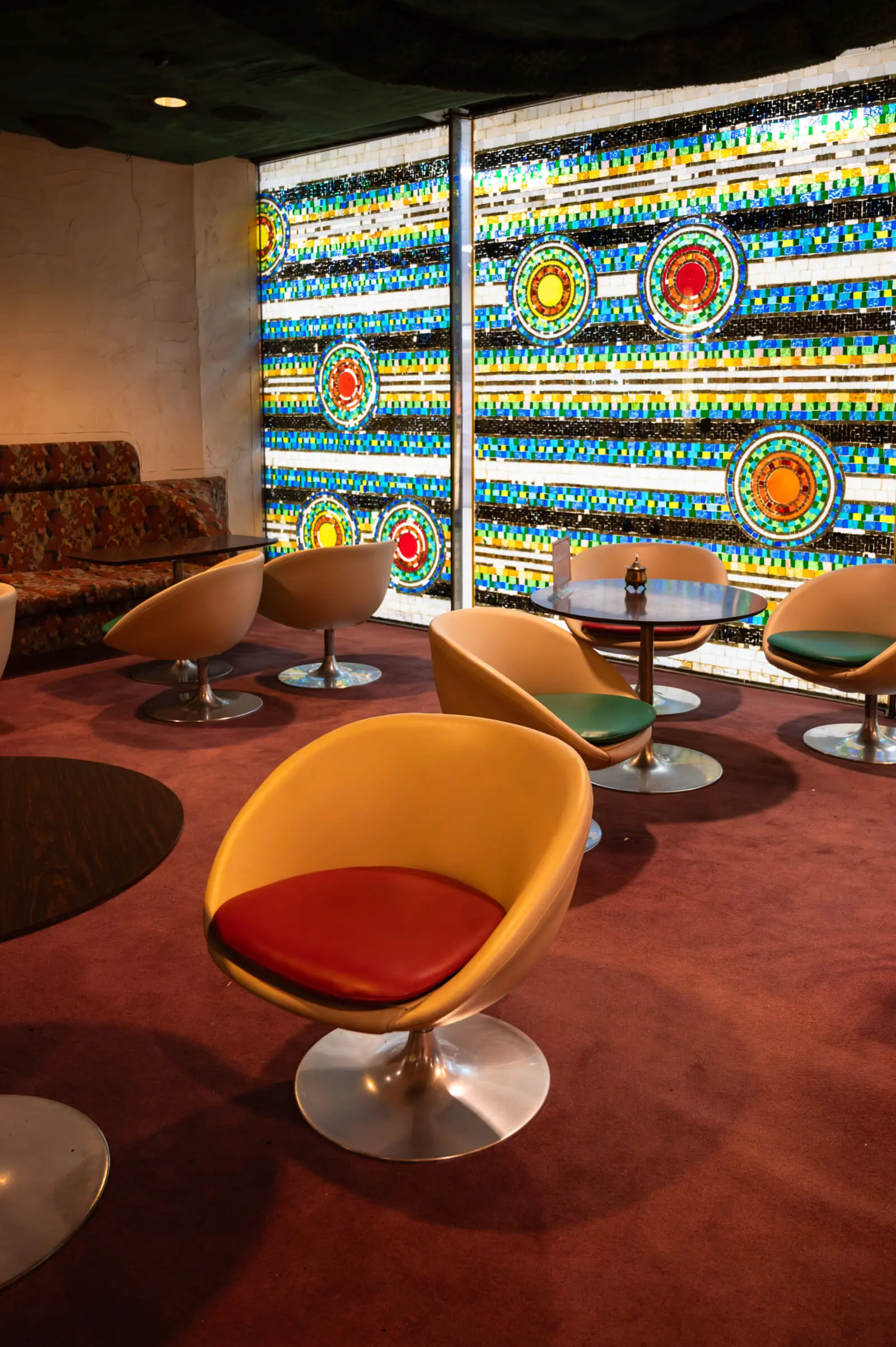
King of Kings Osaka
Located in the basement of a retro building close to Umeda Station, King of Kings made my heart skip a beat when I first encountered it: salarymen on their lunch break speaking in hushed tones, 92 numbered cabinets filled with Old Parr whisky and, of course, the fantastic stained-glass windows. I can wholeheartedly recommend the egg sandwich (cut into rectangles with the crusts sliced off).
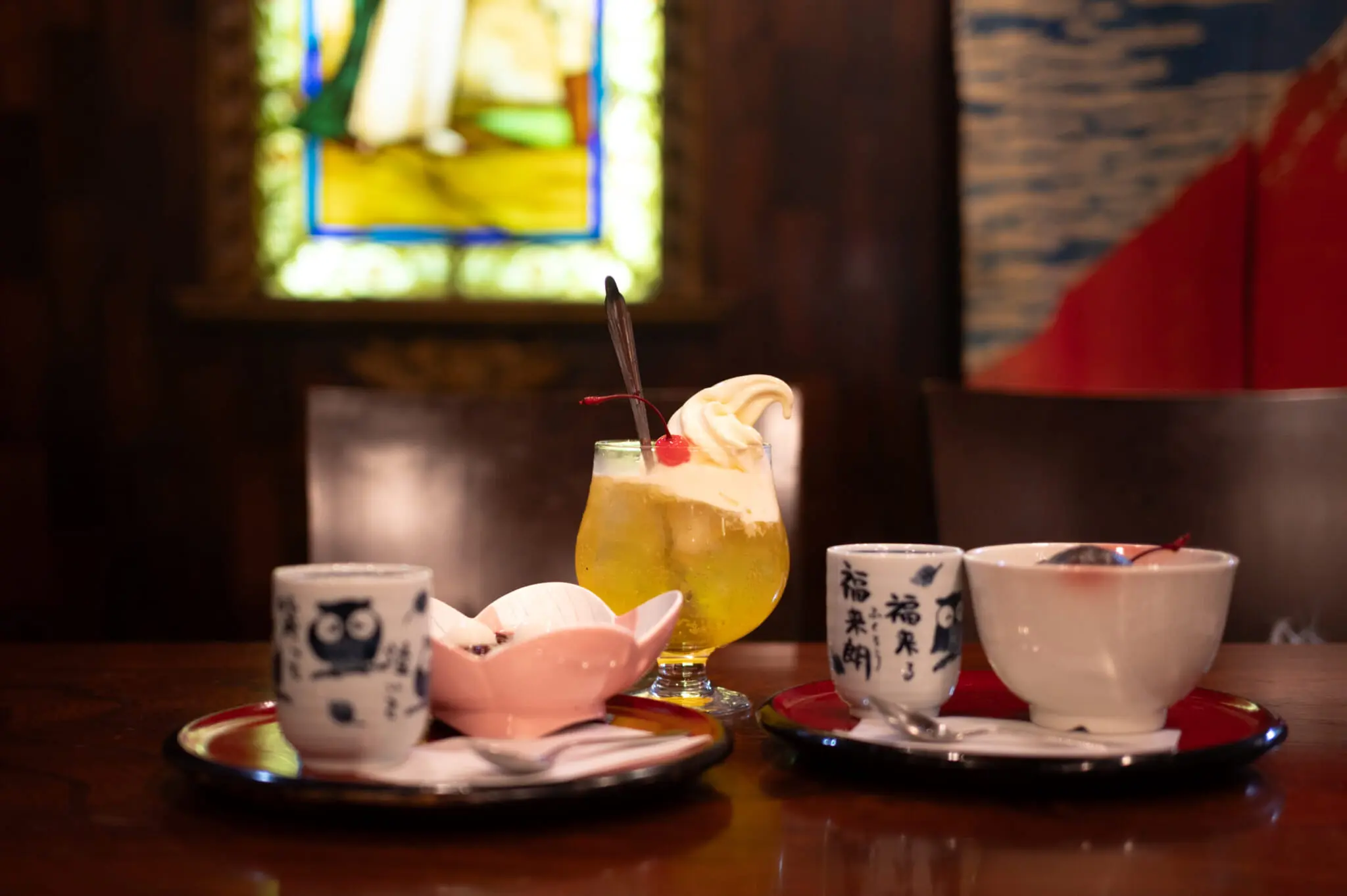
Mountain Asakusa
Just mere minutes from the chaos of Asakusa’s Sensoji Temple is this sweet little kissaten, reminiscent of a log cabin in the Canadian mountains. While everyone knows the kissaten’s iconic drink is the melon soda, I actually recommend the apricot soda here. It’s the perfect refreshment for summertime.
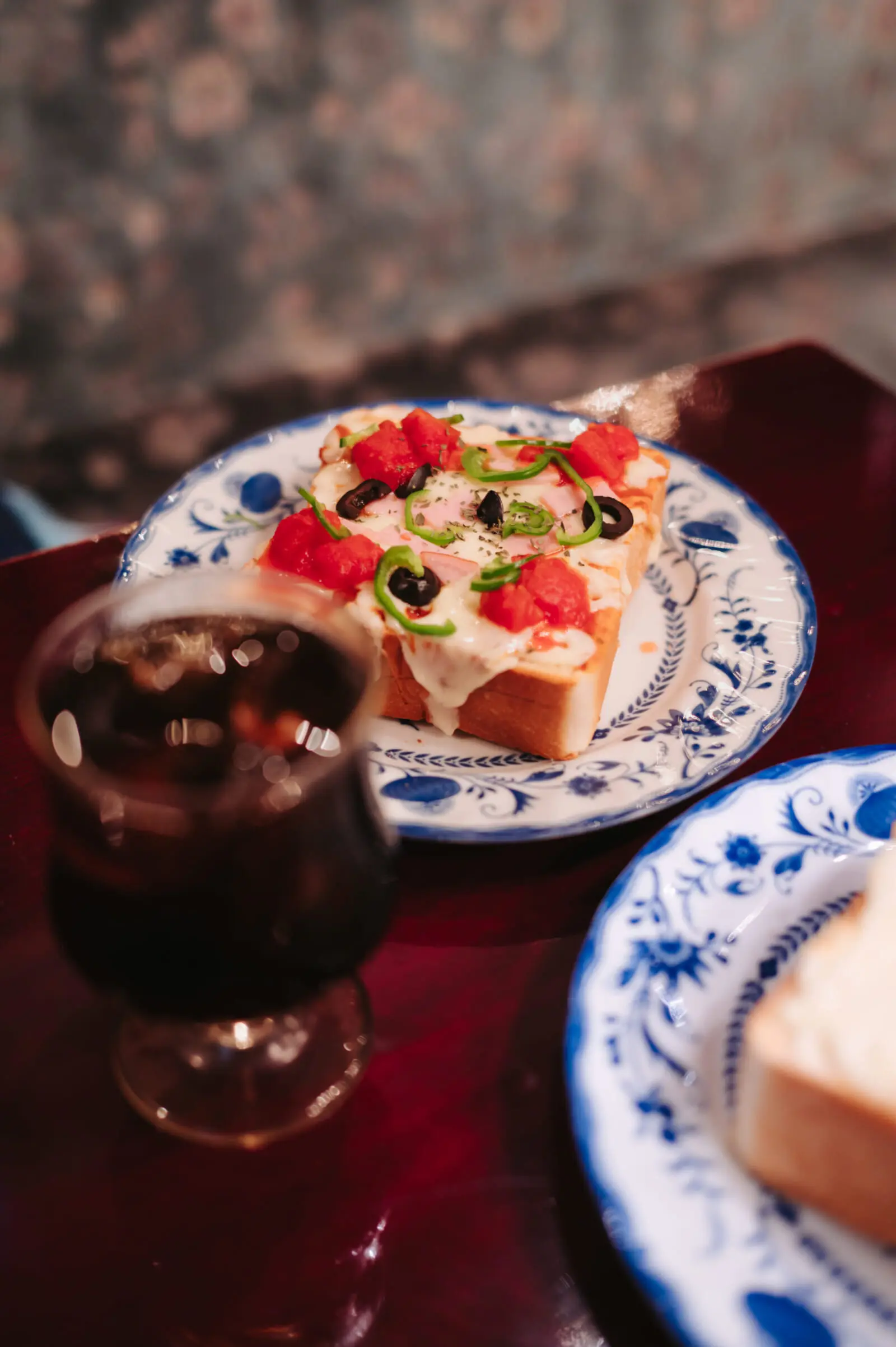
Pegasus Asakusa
I came to Pegasus in Asakusa for one thing, and one thing only: to chow down on a big slab of pizza toast. It’s one of the best in the city, only narrowly beaten by Galant in Ueno.
